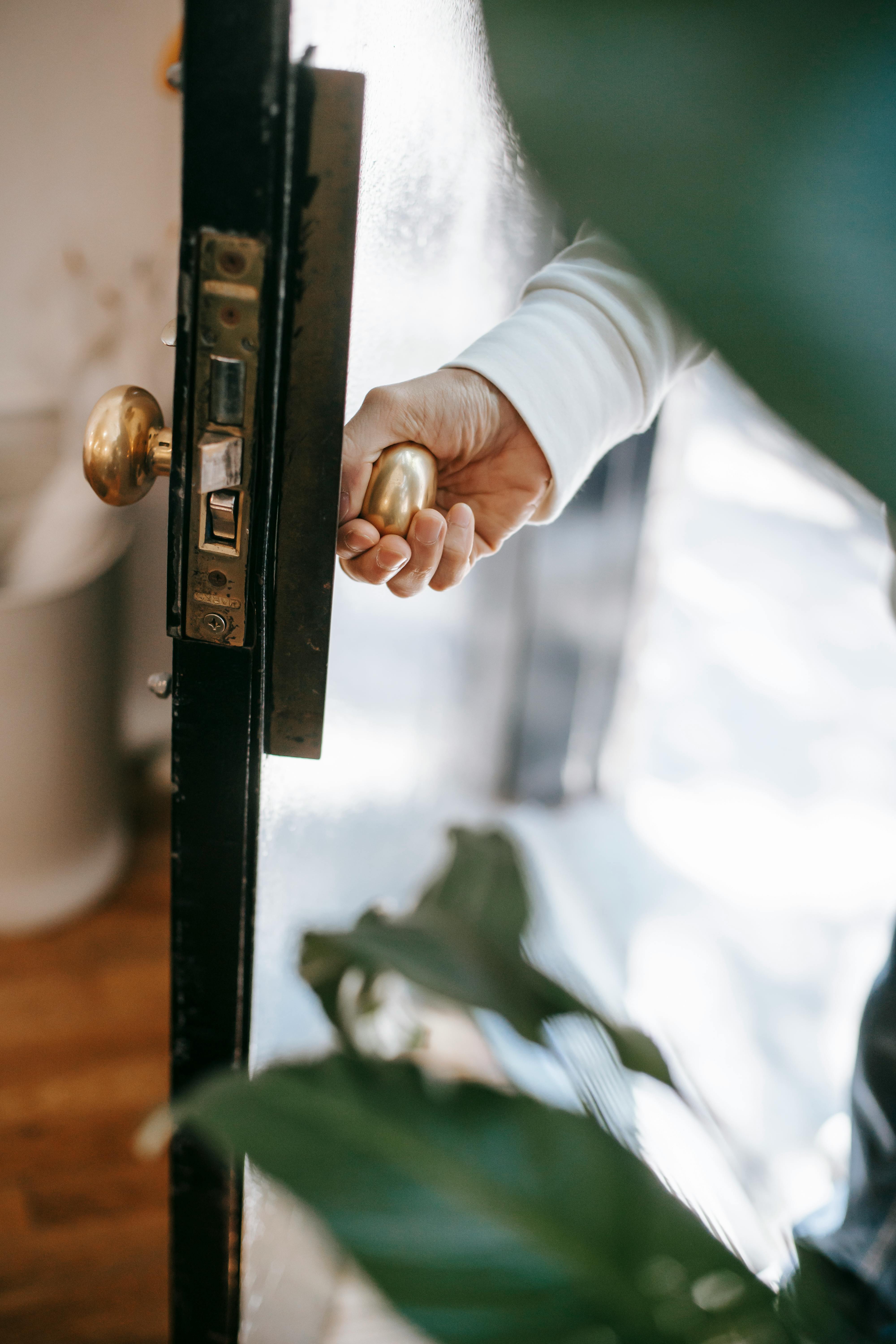Mastering the Open House Experience with These Must-Ask Questions
Buying a home is one of the most significant investments you'll make in your life. Walking into an open house or home showing can be both exciting and overwhelming. The key to making an informed decision lies in asking the right questions. This blog post will guide you through essential questions to ask before and during an open house, so you can feel confident about your potential new home.
Why Questions Matter During an Open House
Attending an open house isn't just about admiring the aesthetics of a property; it's an opportunity to gather crucial information. Asking the right questions will help you uncover details that aren't always visible, like the home's history, the neighbourhood's vibe, and potential future costs. Informed questions can save you from unpleasant surprises down the road and ensure that your investment is a wise one.
Getting Started Before You Arrive
Researching the Neighbourhood
Before setting foot on the property, it’s vital to familiarize yourself with the neighbourhood. Questions like "What are the crime rates in this area?" or "Are there any schools nearby?" can provide valuable insights. Knowing about local amenities like grocery stores, parks, and public transportation can also affect your decision.
Proximity to Schools and Work
For families, proximity to good schools can be a deal-breaker. Asking about school ratings and the distance from the property can help you gauge whether the area meets your educational needs. Similarly, knowing how long your commute to work will be can save you a lot of time and stress in the long run.
Local Amenities and Utilities
Knowing what amenities and utilities are available in the neighbourhood can significantly impact your quality of life. Questions like "Are there any nearby hospitals?" or "How reliable are the local utilities?" can provide a clearer picture of what living in the area will be like.
Key Questions During the Home Tour
Assessing the Condition of the House
Once you're at the property, start by assessing the general condition of the house. Ask questions like "When was the last time this house was painted?" or "Are there any known issues with the foundation?" This will help you understand the upkeep and any immediate repairs needed.
Recent Renovations and Upgrades
Inquire about any recent renovations or upgrades. Questions such as "Have there been any recent kitchen or bathroom remodels?" or "What kind of materials were used in recent renovations?" can give you insights into the quality of work done and possible future maintenance.
Age of Key Systems
The age and condition of key systems like plumbing, electrical, and HVAC can significantly affect your decision. Ask questions like "When was the HVAC system last replaced?" or "Are there any issues with the plumbing?" Knowing the age of these systems can help you estimate future repair costs.
Financial and Practical Considerations
Understanding Property Taxes
Property taxes can vary widely and have a significant impact on your overall housing costs. Ask, "What are the annual property taxes?" and "Have there been any recent changes to the tax rate?" This will help you plan your budget more effectively.
Utility Costs and Efficiency
Utility costs can add up quickly, so it's essential to know what to expect. Questions like "What are the average monthly utility bills?" and "Is the house energy-efficient?" can help you gauge ongoing costs and potential savings.
Potential Maintenance Needs
Every home has ongoing maintenance needs. Ask questions such as "Are there any major repairs needed?" or "What kind of maintenance has been done recently?" Understanding these aspects can help you prepare for future expenses.
Interpreting the Answers
Reading Between the Lines
Sometimes, it's not just about the answers you get but how they are delivered. Pay attention to the seller's or agent's body language and tone. If they seem evasive or hesitant, it might be a red flag.
Evaluating the Information
Once you've gathered all the information, take some time to evaluate it. Compare the pros and cons based on the answers you received. This can help you make a balanced and informed decision.
Making an Informed Decision
Use the information to weigh the property's advantages and disadvantages. Consider factors like future resale value and how well the property meets your needs. Making an informed decision now can save you from future regrets.
Conclusion
Buying a home is a significant milestone, and asking the right questions during an open house or home showing can make all the difference. From understanding the neighbourhood and evaluating the condition of the house to considering financial and practical aspects, these questions are crucial for making an informed decision. Remember, your goal is to gather as much information as possible to ensure that your investment is sound.
If you're ready to take the next step, consider reaching out to a real estate professional who can provide further insights and guidance. Happy house hunting!
Posted by Admin . on

Leave A Comment